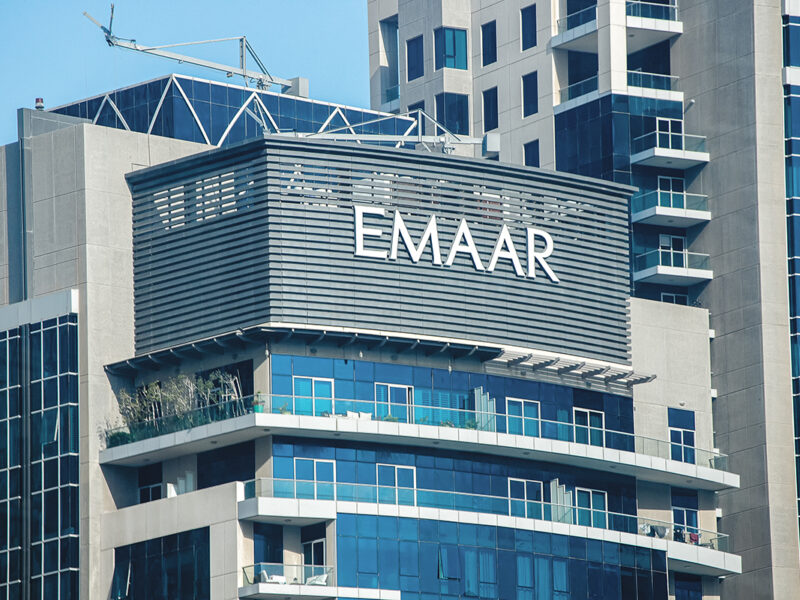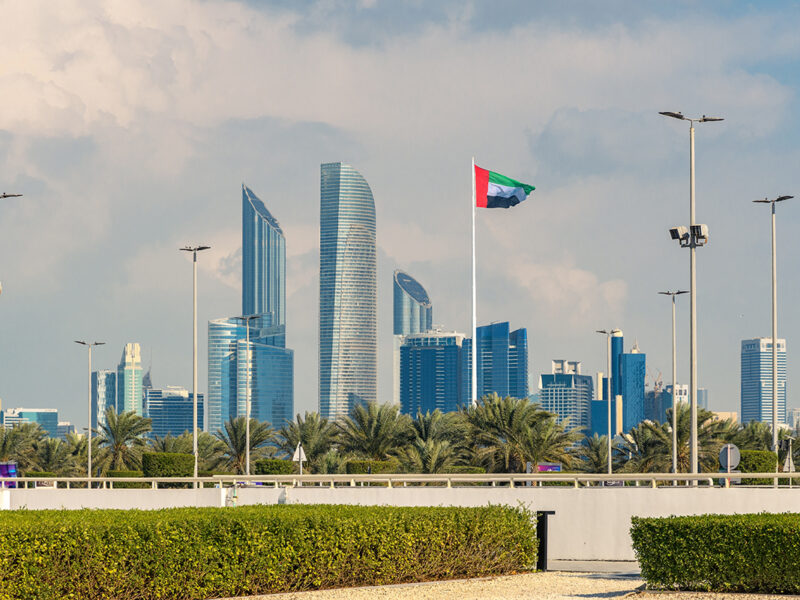Political upheaval against President Bashar al-Assad’s regime in Syria has negatively impacted banks in neighbouring Lebanon and is likely to hurt their profitability this year, Lebanon’s Central Bank Governor Riad Salameh told Arabian Business.
“The Lebanese banking sector has been negatively affected by the events in Syria,” Salameh said in an interview. “We have seen this through the fact that their balance on loans and deposits – whether from Lebanese banks in Beirut or in Syria – their balance of exposure has declined in the past 16 months by 45 percent.”
Seven Lebanese banks, including the country’s largest players, Blom Bank, Bank Audi SAL-Audi Saradar Group and Byblos Bank that operate in Syria had an overall exposure of US$4.9bn, Salameh said.
The banks have taken general provisions based on stress tests of about US$380m in anticipation of loans that could not be repaid, Salameh said.
“The effect of these events have of course impacted the growth in the profits of banks in Lebanon,” Salameh said, adding “We expect profits to be even or 3 percent lower than last year.”
Deposits at all Lebanese banks are forecast to grow 8 percent this year, the same level as 2011, while the value of loans should increase by more than 10 percent, Salameh said.
Lebanese economic growth will accelerate to about 3 percent this year in line with the International Monetary Fund’s forecast after slowing last year to about 1.5 percent, Salameh said.
“Lebanon is a country that has volatile security and political situation that usually affects the economy, but I think this level of growth could be realistic,” he said. Lebanon’s inflation may rise to 6 percent this year higher than the IMF’s forecast of 4 percent on the back of higher wage increase in the public sector that is likely to be approved by the government, Salameh said.
The projection of about 3 percent “is well below Lebanon’s potential,” Nemat Shafik, IMF Deputy Managing Director said in May.
To instil confidence the government needs to implement strong domestic policies by maintaining fiscal discipline, targeting a primary surplus, which would keep the country’s debt-to-gross domestic product (GDP) ratio on a downward path, she said.
The debt to GDP ratio has declined to 136.2 percent in 2011 from about 180 percent in 2006. Prime Minister Najib Mikati has said he wants to reduce the ratio to 100 percent of GDP over the coming five years.
Lebanon’s public debt reached US$55bn at the end of May this year, according to the Association of Banks in Lebanon. The country amassed the debt in its reconstruction phase following the end of its 15-year civil war in 1990 and a month-long conflict with Israel in 2006.
Lebanese banks have decreased their exposure to Lebanon’s public debt. Total exposure in both Lebanese pounds and foreign currencies stands at around US$28bn, while the bank’s exposure to the private sector is around US$42bn, Salameh said.
Appetite for Lebanese debt has not wavered, Salameh said.
“The auctions and offerings whether in Lebanese treasury bills, US dollars or foreign currency euro bonds are being oversubscribed,” he said, adding, “the appetite is there.”
The central bank has amassed a record US$35bn in foreign currency reserves in addition to US$15bn in gold, Salameh said.
The bank has bought US$1.5bn from the market so far this year.
Allegations published by American media outlets of money laundering by Lebanese banks for Hezbollah, Iran and Syria are unfounded, Salameh said.
“Lebanon has laws and we have issued the circulars to reinforce the application of international norms in our country,” Salameh said. “The Lebanese financial sector is abiding by these norms,” he said, adding that Lebanese banks have respected sanctions drafted by the US, Europe and Arab countries.
“I believe what is being written lately is exaggerated,” Salameh said. “The central bank does not hold any funds or have any relations with the central bank of Iran or the central bank in Syria. I can also confirm that the Lebanese banks are not dealing with institutions or persons that are on the sanctions list in the US, Europe or in the Arab countries.”
The EU put more than 50 Syrian individuals on its sanctions list, along with Syria’s Commercial Bank of Syria, the country’s largest, along with the main mobile phone operator Syriatel, and the largest private company Cham Holding.
Last year the US formally accused the Lebanese Canadian Bank of money laundering and links to the Hezbollah movement, which the US designates as a terrorist organisation. Salameh took over LCB and structured a deal that saw its acquisition by France’s Societe Generale’s Lebanese unit.








